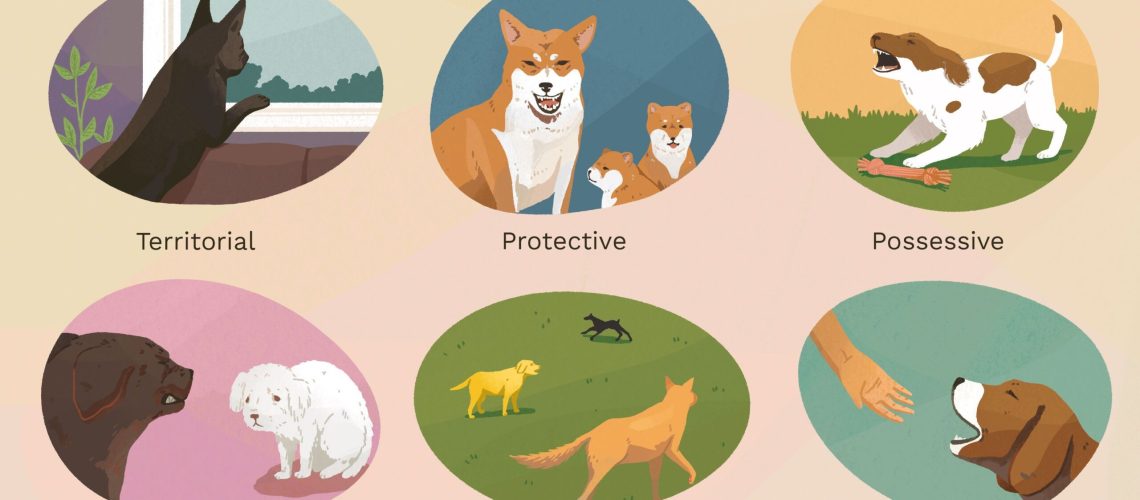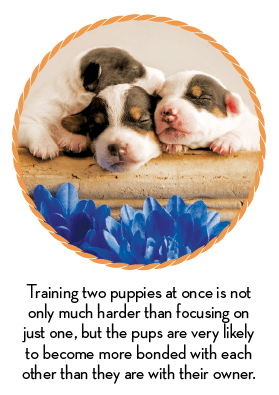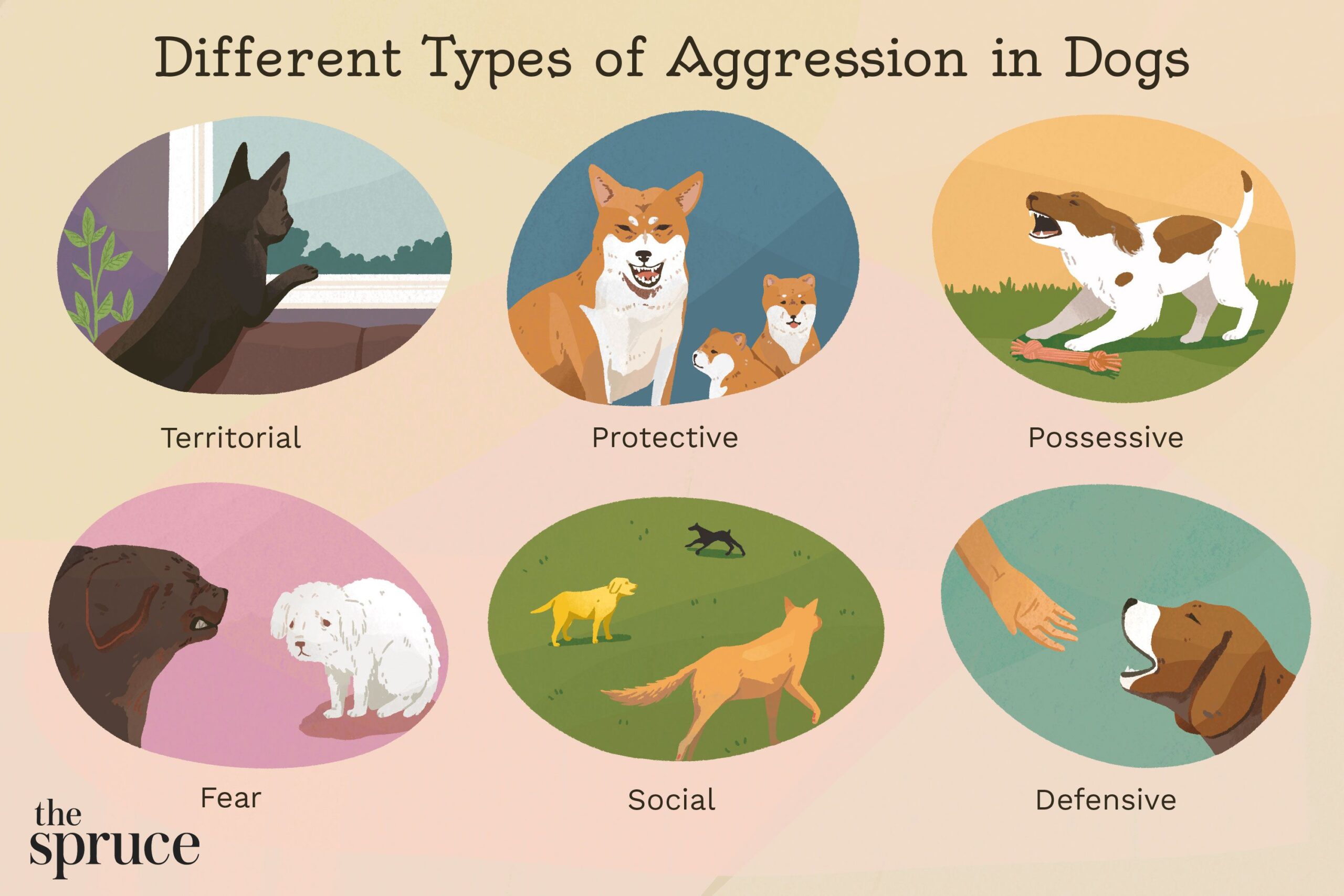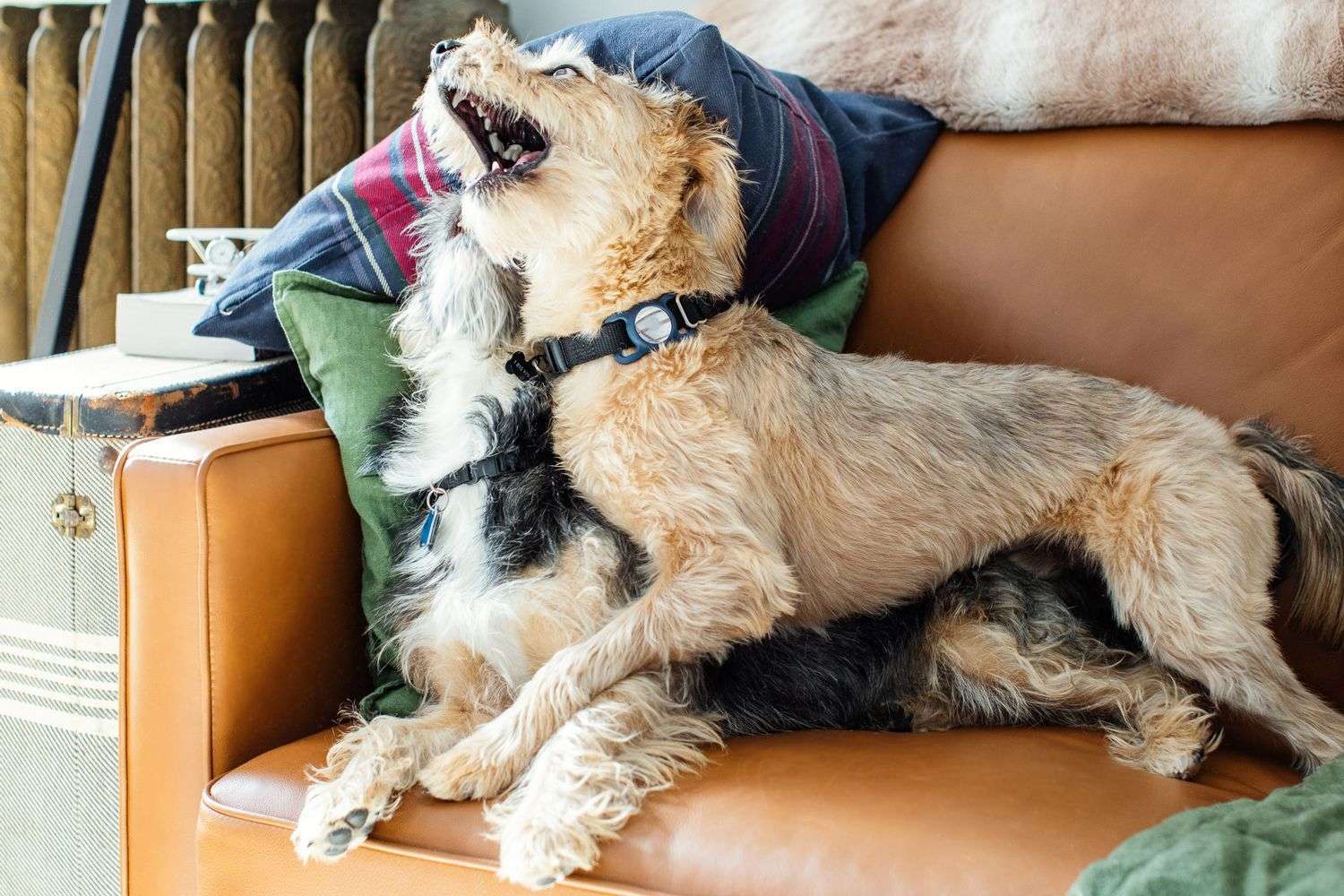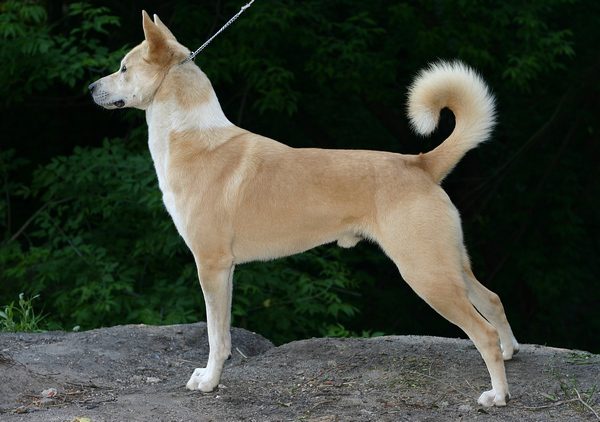In this guide, we will explore the complex issue of puppy aggression, providing valuable insights and practical tips to help you understand and address this behavior.
Key Takeaways:
-
1. Puppy aggression is a normal behavior that can be managed and trained out with proper guidance and training techniques.
2. Understanding the root causes of puppy aggression, such as fear or resource guarding, is crucial in addressing and resolving the issue.
3. Socialization plays a vital role in preventing puppy aggression by exposing them to various people, animals, and environments from an early age.
4. Consistency in training methods and positive reinforcement are essential for teaching puppies appropriate behaviors and discouraging aggressive tendencies.
5. Seeking professional help from a qualified dog trainer or behaviorist can provide invaluable support and guidance in dealing with puppy aggression effectively.
Understanding Puppy Aggression: What It Is and Why It Matters
Puppy aggression refers to any aggressive behavior displayed by young dogs. While puppies are known for their playful and energetic nature, some may exhibit signs of aggression that can be concerning. Understanding puppy aggression is crucial because it can help prevent potential problems as the dog grows older.
Aggression in puppies can manifest in various ways, such as growling, biting, snapping, or lunging. It is important to differentiate between normal puppy behavior and true aggression. Puppies often go through a teething phase where they may bite or nip while exploring their world. However, if a puppy's behavior becomes consistently aggressive or intense, it may indicate a deeper issue.
Recognizing puppy aggression is essential for several reasons. Firstly, it ensures the safety of both the puppy and those around them. Aggressive behaviors can lead to injuries or accidents if not addressed promptly. Secondly, understanding the root causes of aggression allows pet owners to take appropriate measures to manage and correct the behavior early on.
Signs of Aggression in Young Puppies: How to Recognize Them
Identifying signs of aggression in young puppies is crucial for effective intervention and training. While puppies are generally playful and curious, certain behaviors may indicate underlying aggression issues.
Some common signs of aggression in young puppies include:
- Growling or snarling when approached or touched
- Biting or nipping excessively during play
- Barking aggressively at people or other animals
- Showcasing body language like raised fur, stiff posture, or showing teeth
- Lunging towards people or objects with intent to harm
If a puppy consistently displays these behaviors, it is important to address the issue promptly. Early intervention can prevent aggression from escalating as the puppy grows older. It is essential to consult with a professional dog trainer or behaviorist who can provide guidance on how to manage and correct aggressive tendencies in young puppies.
Common Reasons for Puppy Aggression: What Causes It
Lack of Socialization
One common reason for puppy aggression is a lack of socialization. When puppies are not exposed to different people, animals, and environments during their critical socialization period, they may become fearful or anxious in new situations. This fear or anxiety can manifest as aggression towards unfamiliar people or animals.
Resource Guarding
Another common cause of puppy aggression is resource guarding. Puppies may become possessive over food, toys, or other valuable items and display aggressive behaviors when someone approaches them while they have these resources. Resource guarding can be a learned behavior or an instinctual response to protect their possessions.
Preventing and Managing Puppy Aggression in Everyday Situations
To prevent and manage puppy aggression in everyday situations, it is important to provide proper socialization from an early age. Expose your puppy to different people, animals, and environments in a positive and controlled manner. Gradually increase the level of difficulty as your puppy becomes more comfortable.
In addition, teaching your puppy basic obedience commands such as "sit," "stay," and "leave it" can help you manage their behavior in various situations. By having control over your puppy's actions, you can redirect their focus and prevent potential aggressive responses.
Effective Training Techniques for Addressing Puppy Aggression
Positive Reinforcement
One effective training technique for addressing puppy aggression is positive reinforcement. Rewarding desired behaviors with treats, praise, or playtime can help reinforce good behavior and discourage aggressive tendencies. This approach focuses on rewarding the dog for making the right choices rather than punishing them for exhibiting aggression.
Desensitization and Counterconditioning
Desensitization and counterconditioning are techniques used to change a puppy's emotional response to certain triggers that may cause aggression. By gradually exposing the puppy to the trigger in a controlled and positive way, while pairing it with something enjoyable like treats or play, you can help them develop a more positive association and reduce their aggressive reactions.
The Role of Socialization in Reducing Puppy Aggression: Interacting with Dogs and Humans
Socialization plays a crucial role in reducing puppy aggression by helping them become comfortable around other dogs and humans. When puppies are exposed to different dogs and people from an early age, they learn appropriate social behaviors and develop confidence in interacting with others.
Proper socialization involves supervised interactions with well-behaved dogs of different sizes, ages, and temperaments. It also includes exposure to various types of people, including children, adults, and individuals wearing hats or uniforms. This broad range of experiences helps puppies learn how to communicate effectively without resorting to aggression.
The Importance of Exercise and Mental Stimulation in Preventing Puppy Aggression
Regular exercise and mental stimulation are essential for preventing puppy aggression. Physical activity helps release excess energy, reduces frustration, and promotes overall well-being. Engaging in activities such as daily walks, play sessions, or interactive toys can tire out your puppy both mentally and physically.
In addition to exercise, providing mental stimulation through training exercises or puzzle toys can keep your puppy's mind engaged. Mental stimulation helps prevent boredom, which can lead to destructive behaviors or aggression as a means of releasing pent-up energy.
Potential Health Issues that Could Contribute to Puppy Aggression
It is important to consider potential health issues that could contribute to puppy aggression. Pain or discomfort caused by underlying medical conditions can lead to defensive or reactive aggression. For example, a puppy with an undiagnosed injury or dental problem may display aggression when touched in certain areas.
If you notice sudden changes in your puppy's behavior, such as increased aggression or irritability, it is crucial to consult with a veterinarian. They can assess your puppy's overall health and rule out any underlying medical issues that may be contributing to their aggressive behavior.
Knowing When to Seek Professional Help for Dealing with Puppy Aggression
Dealing with puppy aggression can be challenging, and there may come a point where seeking professional help is necessary. If your efforts to manage and address the aggression are not yielding positive results or if the aggression is escalating, it is important to consult with a professional dog trainer or animal behaviorist.
A professional can assess your puppy's behavior, identify the underlying causes of aggression, and develop a customized training plan. They can also provide guidance on how to safely manage and modify your puppy's aggressive behaviors. Seeking professional help early on can prevent the escalation of aggression and ensure the well-being of both your puppy and those around them.
| Understanding Puppy Aggression |
| In conclusion, it is crucial to understand the underlying causes and triggers of puppy aggression in order to effectively address and manage it. Early socialization, positive reinforcement training, and seeking professional guidance can greatly contribute to curbing aggressive behaviors in puppies. Remember, aggression is a natural instinct that can be modified with patience, consistency, and proper guidance. By providing a safe and nurturing environment, we can help our puppies grow into well-behaved and balanced adult dogs. |
Is it normal for puppies to be aggressive?
It's not surprising that your puppy becomes a bit irritable when they're tired. This behavior is often mistaken for aggression, but it's actually quite normal. They have learned to be protective over their belongings, which can happen when an overly cautious puppy owner constantly takes away "unsafe" items without offering a suitable replacement.
Can puppy aggression be cured?
Dogs that exhibit aggression as a means to influence a situation are typically not fully cured, but their behavior can often be managed. Improvement may be seen by establishing predictable interactions, avoiding triggers that provoke aggression, and maintaining a consistent daily routine that includes exercise, play, and social interaction.
How do you discipline an aggressive puppy bite?
You can choose to either ignore him for 10 to 20 seconds or, if he continues to bother you, get up and walk away for 10 to 20 seconds. After this brief break, go back to your puppy and encourage him to play gently. The goal is to teach him that gentle play is rewarded while rough play is discouraged.
Why is my puppy going crazy and biting?
Young puppies lack the ability to control their emotions, resulting in excessive excitement. When they become overly excited, their inhibition and self-control diminish, causing them to exhibit more biting behavior.
What age are puppies most aggressive?
As dogs age, their social interactions decrease. They reach sexual maturity between 7-9 months and social maturity between 1-3 years. With this maturity and experience, they may show less interest in playing or engage in rougher play when excited. This rough play can potentially lead to aggressive behavior.
What does aggressive puppy behavior look like?
Common signs of aggressive behavior in puppies include snarling, growling, mounting, snapping, nipping, curling lips, lunging, displaying dominant body language during play, adopting a challenging stance, maintaining a intense stare, aggressive barking, being possessive, and persistent biting or mouthing.



